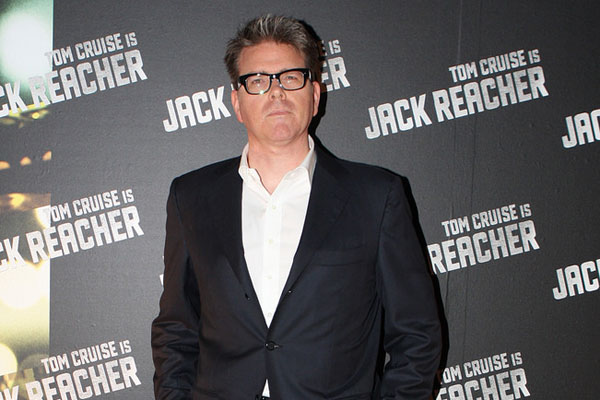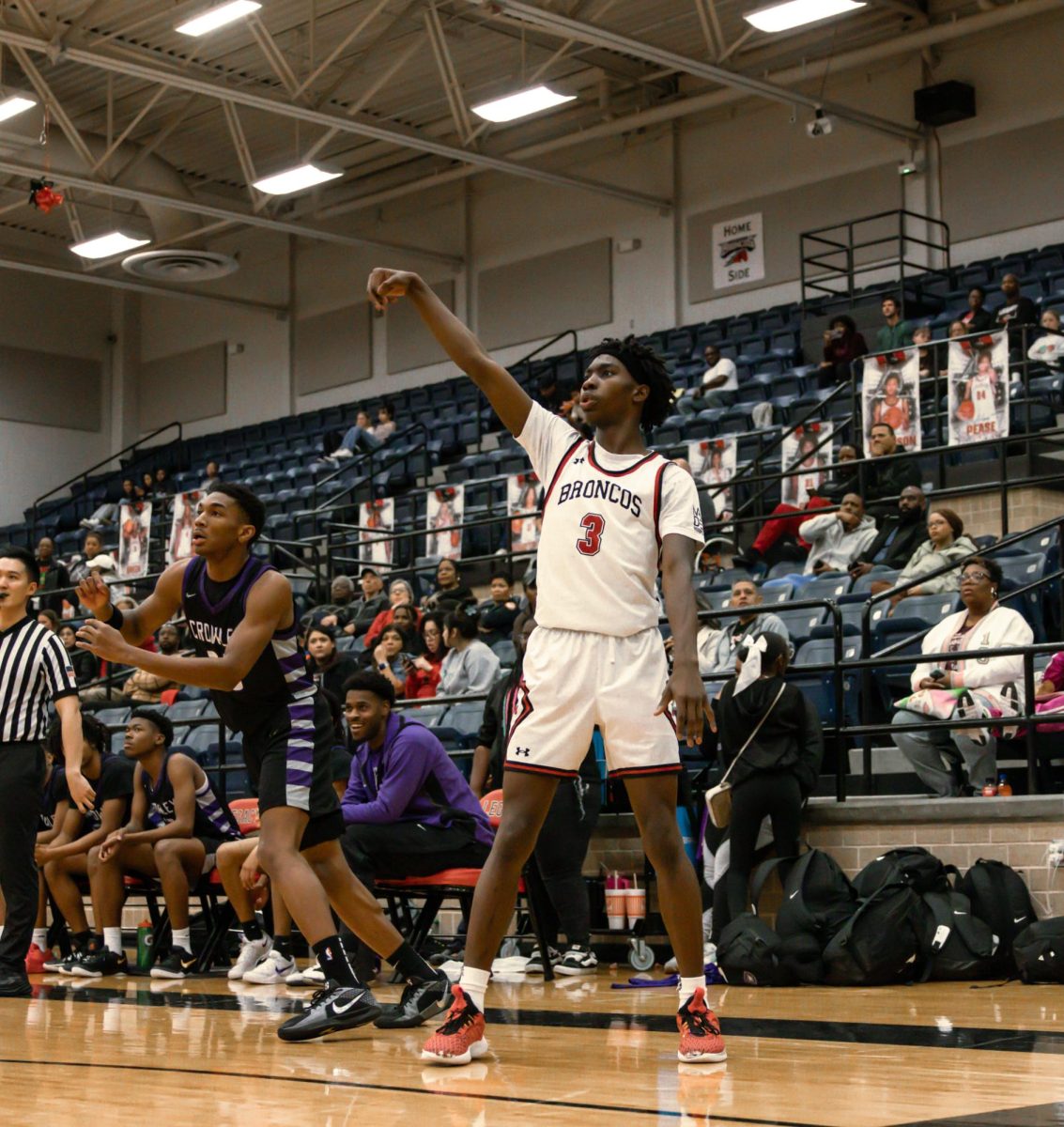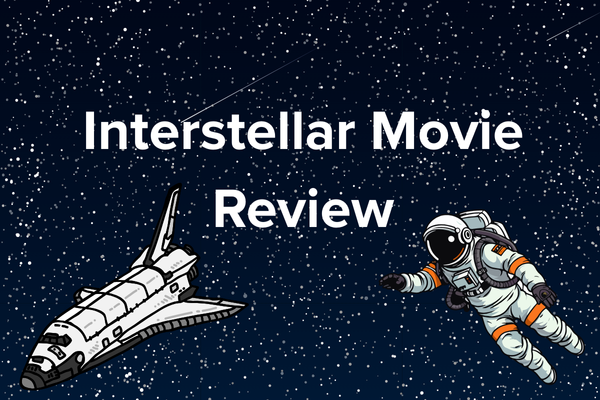
He’s a screenplay writer, director and producer. He’s been behind movies like Mission: Impossible – Rogue Nation and Edge of Tomorrow. He’s even won an Academy Award for The Usual Suspects, and I had the opportunity to talk with him about life, movies, high school and fighting animal hybrids. He’s Christopher McQuarrie.
If you could repeat high school with everything you know now what would you do differently?
I would actually do the work this time. I was in such a hurry to get out of school that I didn’t realize what an experience I was having in school and that there was no hurry. It’s what I try to impart on my kids that you shouldn’t be in such a hurry to grow up.
What was your favorite subject in school?
I loved drama. I really was a terrible student — couldn’t stand studying. I was not by any means what you would call a good student. I had terrible grades, but I think a lot of that is due to not applying myself. I was just never comfortable or at ease in school — my head was always somewhere else. So my favorite subjects were creative writing, drama, choir. I spent every spare minute in theater.
What’s the best advice you could give to a current high schooler to find the path to success?
First, figure out your definition of success. Very few people do, and that is one reason why so many are unhappy. For me, the definition of success is honoring your commitments. The rest follows.
For high school kids who want to do what you do, what should they do to get to where you are?
When I tell everybody who asks me how to break into the film industry I say don’t actually try to break into the film industry just make movies. What used to be THE business has become A business. The equipment and the materials that are available now, that weren’t available for us when we were coming up. The notion that making film is incredibly expensive, painstaking and time consuming, now you can write, direct, star in, and edit a short film over the weekend and make it feature quality with the equipment you have on hand and use global distribution like YouTube. You can do that every week. So what I tell people who want to get into the business now is just make movies and keep making movies, get better at the skill and the business will find you. And truly, this is what the guys I worked with, on a much more complicated scale, did. Everything you are going to learn about making a movie you’re going to learn by doing, you’re going to learn certain things technically and you’ll develop a critical eye at film school but really until you get your hands dirty and start making movies and start making mistakes.
You mentioned developing the skill to be a good filmmaker, but what in your mind separates the amateur filmmaker and a very experienced filmmaker?
The answer to the question in the way you asked it is experience [laughs]. But in terms of skill, the skill that separates the best directors from the merely competent directors is an understanding of story, how to tell a story and how to convey emotions. There are a great many directors, very successful directors, who really don’t know the first thing about connecting emotionally with an audience. Now, you may look for a different emotional connection than the person sitting next to you — that’s why there’s room for the David Lynch’s of the world — but we’re all still in some way looking for an emotional connection.
Going back to how you enjoyed creative writing, how do you compare writing a story for a book or short story to writing or directing a movie?
When you write a short story or a book, everything is contained on the words on the page. When you’re writing a screenplay, you are merely writing a blueprint for a movie. It doesn’t exist as a document that is ever going to be passed around person to person. It’s never going to see the light of day except in the hands of a few specific people, and if you’re lucky, a few specific people who are actually making the movie. Most of the things I write as a screenwriter never get made and will never be seen.
Do you prefer screenplay writing or directing and why?
Directing is so much easier than writing by virtue of the fact that the movie is going, and if you don’t work fast, it will run you over. But the pressure is infinitely more intense. Writing is hard because it’s just you and the blank page. I guess you could say I like writing when I know what to write, and I like directing when I know what to direct. Those are the only times in my life that are truly without stress or anxiety.
What’s a key difference between writing screenplays for movies and writing for TV shows?
Time: Movies tend to be written over a long period of months and sometimes years, whereas TV — the network variety anyway — is written to a very tight schedule, often week by week. The exception here are those movies where I’m called in very late, sometimes after the movie had started or even finished shooting — those are intense.
Content: Feature Films tend to be close-ended — even the serialized stuff — whereas television has the option of being a multi-season train of thought. The appeal of current television is that the narrative is more fluid than ever. You can reinvent your show from season to season.
How often can you achieve your original vision without Hollywood and producers changing it?
I’ve long since learned that my “original” vision is just a starting point. Whether I have complete control or I’m serving the mandate of a studio — and I’ve done both — making films is a process of acceptance. Circumstances change and you have to be ready to change with them. I fight for what I believe is the better idea – mine or someone else’s. Of course, I’m biased.
How do you think having kids and a family has changed you as a writer/director?
I would say the biggest way was on my first film, before I was married and before I had children, I was struggling to make the transition from writing to directing — the skill set as a writer is much different than skill set as a director. And the way I like to simplify it is when you’re writing, you’re taking everybody’s vision into your work, the director of the studio, the actors and yourself. As a director, you are taking everyone’s work and funneling it into your vision, you are using all those people as tools to get what you want out of the movie. You really couldn’t have two more opposite objectives, two more opposite mindsets. I was having a difficult time making that transition.
The film that I was directing — one of the actors was James Caan and he could see me struggling with one of the actors. He pulled me aside and said “you know… whether you like it or not, this is your movie, nobody else’s. All actors, including myself, are children, and they want to be told what to do.” Jimmy recognized that I wanted to be a nice guy, and I wanted to be everyone’s friend. I wanted to be liked as a director. I couldn’t really reconcile how I was supposed to be the person I wanted to be creatively and not be a tyrant how I had seen other directors behave.
Later when I had kids and I learned how to be a parent, I knew what he meant. Being a parent is about creating boundaries, allowing people to be free but also keeping them from hurting themselves. That’s really what directing is at its best.
Which is harder to get into, acting or directing?
I’m gonna say acting. Anybody, and I mean anybody, can direct. Not anybody can get in front of a camera and communicate emotion. Now, that’s not to say there is not one role for any person in the world. A good director can take a bad actor and make them good in the right role, but you can only fake that for so long before the camera catches you. Whereas, a bad director can have an incredibly successful career and never be caught.
What was your favorite project to work on, whether it be writing, directing, etc?
They are all my favorites for different reasons. Even the bad ones taught me something. For everything I love, I see something I could have done better. My favorite movie is always the next one — the one where I’ve convinced myself I’ll finally get it right.
As a director, what are some things you wish the audience would understand?
That when you think it sucks, a lot of the time, we think it sucks too. We do the very best with the material we have. There are times where you look at something and say “Why didn’t they just do this?” Those answers are not always clear until the movie is finished. When you’re making a movie, you get lost inside the movie, and it’s very, very, very hard to know where you’re going. With Rogue Nation, we made up the entire film as we went along. There are some bits in that movie that seem so simple and so obvious were not obvious to us until it was almost too late. All the lessons I learned are being applied to the next Mission Impossible. It’s a living breathing thing, and you only have so much control over it.
Another thing I wish the audience knew is that nobody sets out to make a bad movie. We all set out to make a good movie with the best of intentions, and again, circumstances can work against us.
If there’s one more thing, I wish there was a kind of movie where the audience [pays] to be challenged and stimulated — which they don’t anymore. Not a large enough segment of the audience comes to be challenged and made to think. They come to sit back and have an experience.
What’s your biggest regret, whether it be career or personal?
Nothing. We only learn from our mistakes.
What’s your favorite movie?
[It’s] hard to pick just one. There’s favorite, and then, there’s great. A few that I feel are both: The Verdict, Treasure of the Sierra Madre, The Big Country, Master and Commander, John Carpenter’s The Thing, Close Encounters of the Third Kind, Aliens and Dog Day Afternoon.
Would you rather fight, if you had to, One hundred duck sized horses or one horse sized duck?
One horse sized duck, the duck sized horses would overwhelm me. They’d take me down. There’d just be too many of them. But by the way what do I have to fight them with?
-Let’s say just your fists.
Yeah I’m gonna take on the horse sized duck, it doesn’t really have claws or a sharp beak, it’s just big. And I can eat it when I’m done.
















Steve Moran • Feb 4, 2017 at 10:26 am
Woundered why “The Big County” was playing in the background of the Jack Reacher movie. Found out why after reading this interview. Thank you.